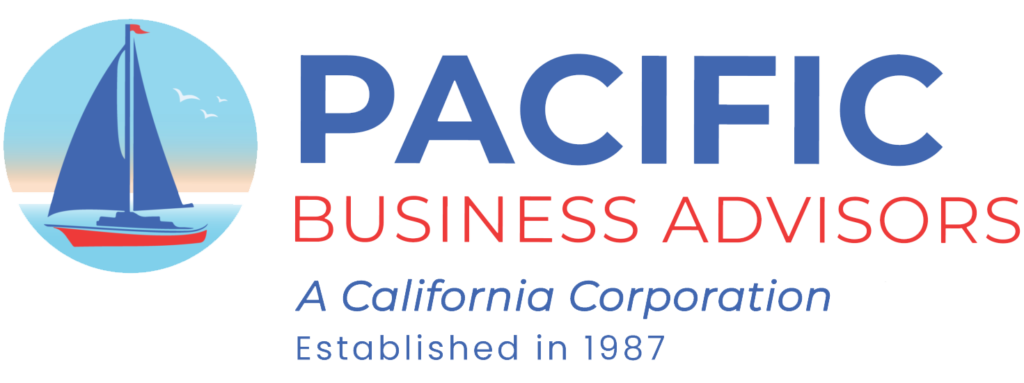

Glossary of Commercial Lease Terms
Escalation Clause: a clause in a lease requiring an increase in the rent at a future date. It may be accomplished by several types of clauses, such as: (1) fixed increases - a clause which calls for a definite, periodic rental increase; (2) cost of living - a clause which ties the rent to a government cost of living index, with periodic adjustments as the index changes; (3) direct expenses - the rent is adjusted according to changes in the expenses of the property paid by the lessor, such as tax increases, increased utility costs, maintenance costs, etc.
Estoppel Certificate: a document that prevents parties from later asserting facts different from those contained in a document. They are often required by the buyer of an income property. The tenant and landlord both sign the estoppel certificate, confirming the lease and other material facts. Thereafter, neither party is able to make claims to the contrary.
Expansion Option: a right granted by the landlord to a tenant whereby the tenant has the option to add more space to its premises pursuant to the terms of the option.
Expense Stop: a fixed amount in a lease where the tenant is responsible for all building operating expenses and taxes in excess of a defined amount.
Extension Option: an agreed continuation of occupancy under the same conditions, as opposed to a renewal, which involves new terms and/or conditions. In a lease, it is a right granted by the landlord to the tenant whereby the tenant has the option to extend the lease.
Fair Market Rent: generally, the rent which would be negotiated by a willing landlord and tenant in an "arm's length transaction" for a specific property at a given time, even though the actual rent may differ. In a lease, the term "fair market rent" may be defined in a number of different ways.
Free Rent: a concession granted by a landlord to a tenant whereby the tenant is excused from paying rent for a stated period during the lease term.
Fully Serviced Lease: a lease in which the stated rent includes the operating expenses and taxes for the building. Same as a gross lease. Opposite of an absolute triple net lease.
Gross Lease: a lease in which the stated rent includes the operating expenses of the building. Same as a fully serviced lease.
Gross Up: an adjustment made to operating expenses to adjust for the occupancy level of a building. When operating expenses are "grossed up", it means that the building's variable expenses have been adjusted upwards to the level those expenses would have been if the building was fully occupied (usually 95%).
Ground Lease: a lease of land only. Usually an absolute triple net lease on a long term basis (30 years or more). Ground rent is not considered an operating expense.
HVAC: Heating, Ventilation, Air Conditioning. A general term encompassing a system designed to heat and cool a building.
Landlord (Lessor): the party (usually the owner) who gives the lease (right to possession) in return for consideration (rent).
Lease Term: the period of time in which the landlord grants to the tenant the right to possession of real property.
Lessee (Tenant): the party to whom a lease is given in return for rent.
Lessor (Landlord): the party (usually the owner) who gives the lease in return for rent.
Letter of Intent: generally a written statement that two parties to a prospective transaction (buyer/seller or lessor/lessee) intend to proceed to a binding agreement in good faith on stated principal business terms to be entered into. This definition applies when signed by both parties. Alternatively, such a statement may be signed only by one party and is then an indication of a willingness to enter into agreement on the stated terms and conditions. To avoid legal issues regarding offer and acceptance and thus the formation of a binding contract, care must be taken to include a clause stating that there is not an offer being made and no intent to create a legally binding obligation.
PacificBusinessAdvisors.net
Office: 818-991-5200
Direct: 818-991-9019